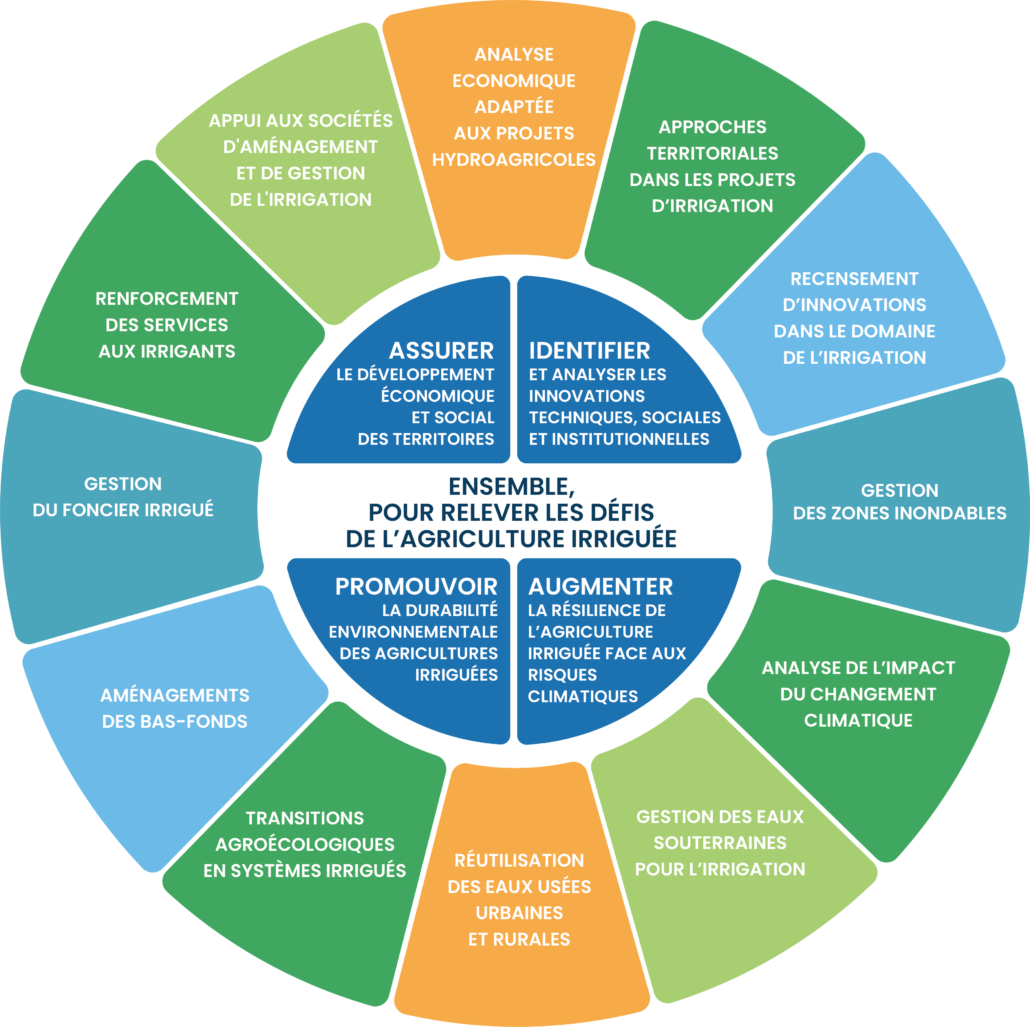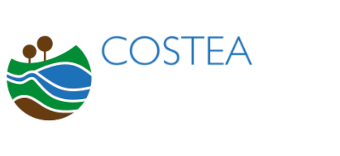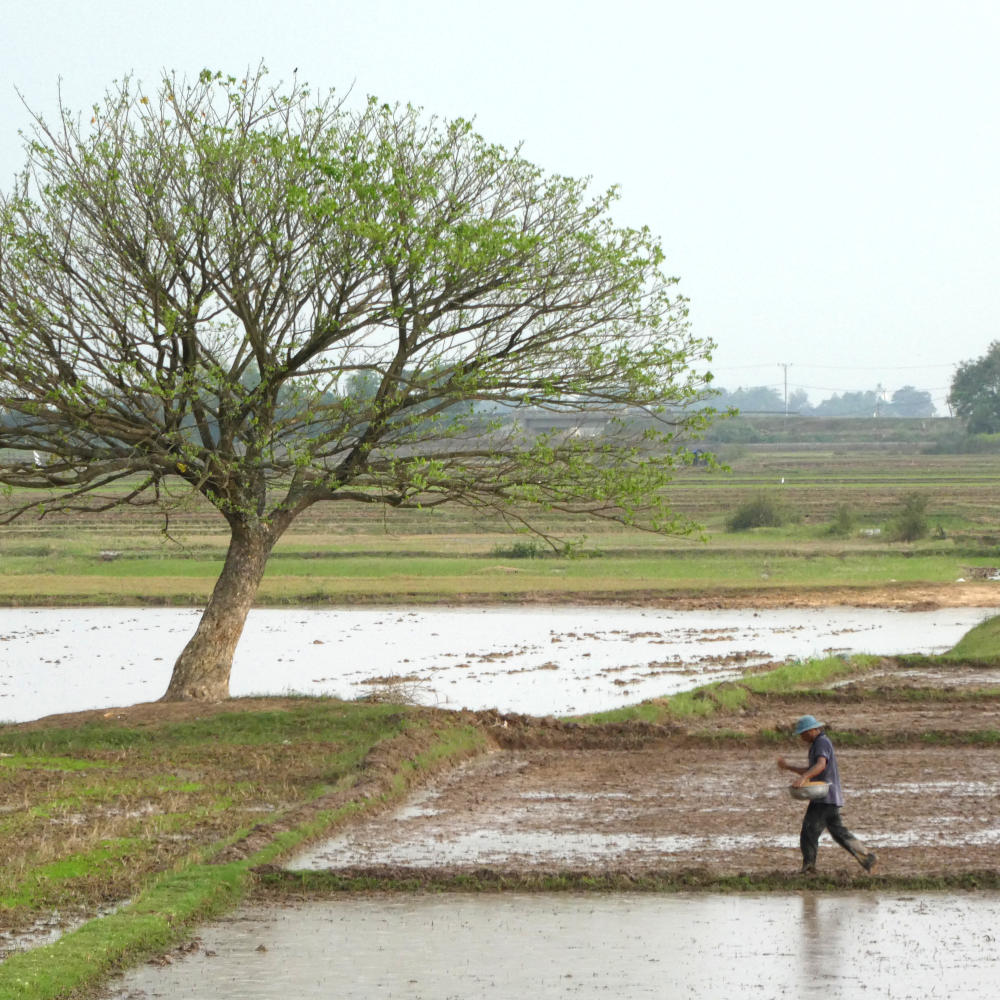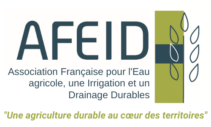Our actions
Irrigated agriculture produces more than 40% of the world's food on less than 20% of the land cultivated. Irrigation, which consists of acting on the natural water cycle to produce and secure crops in geographical contexts where rainfall is either insufficient or random, is essential to global food security, which is subject to geographical challenges. However, there are many challenges to sustainable irrigated agriculture in order to meet current and future needs: integrated water resource management, social equity for farmers with regard to land and water allocation, the economic and financial viability of irrigated systems, water governance and adapted institutions, water saving and wastewater recovery, agro-ecological practices to reconcile productivity with environmental and climatic challenges, and biodiversity preservation, are all dimensions that need to be taken into account.
Irrigation consists of acting on the natural water cycle to manage and secure crops in geographical contexts where rainfall is either insufficient or random. It is essential for global food security, which is subject to geographical challenges.
However, there are many challenges to sustainable irrigated agriculture if we are to meet current and future needs: integrated water resource management, social equity for farmers with regard to land and water allocation, the economic and financial viability of irrigated systems, water governance and appropriate institutions, water saving and wastewater reclamation, agroecological practices to reconcile productivity with environmental and climatic challenges, and the preservation of biodiversity, are all dimensions that must be taken into account.

This framework brings together the 12 actions developed under COSTEA 2 in relation to the 4 challenges of irrigated agriculture summarised below:
1) Ensuring the economic and social development of territories
2) Protecting the environment and limiting GHG emissions
3) Dealing with climatic risks
4) Innovating at the technical, social and institutional levels
To meet these challenges, COSTEA mobilises a network of more than 400 experts from various countries and from different scientific and technical fields.
Organised into 12 thematic working groups, COSTEA carries out different types of structuring actions:
- Promoting agroecological transitions in irrigated systems
- Supporting the networking of West African Irrigation Development and Management Agencies
- Managing irrigated land with a view to social, economic and environmental sustainability
- Promoting the reuse of treated wastewater to reduce pressure on water resources
- Developing and managing floodplains in a multifunctional perspective
- Promoting the offer of technical, informational, organisational, institutional and commercial services to irrigators
- Developing and managing lowland areas and small floodplains in West Africa
as well as collaborative actions:
- Developing participatory approaches to territorial governance
- Managing groundwater sustainably
- Promoting economic analyses of irrigation projects
- Quantifying the environmental impacts of irrigated rice cultivation
- Promoting technical, economic, social and institutional innovations in irrigated systems.




